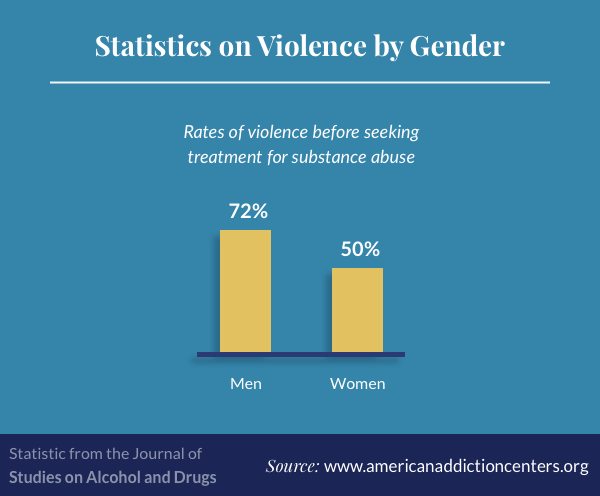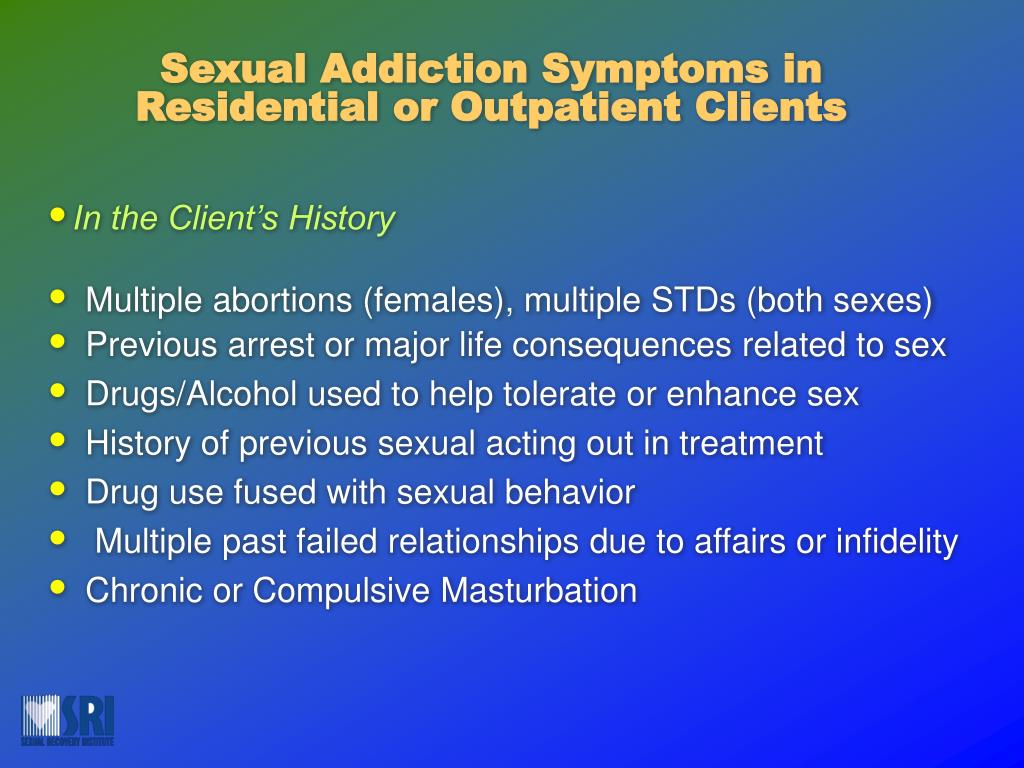It can't be treated, however it can be handled with treatment. Other examples of chronic illness include asthma, diabetes, and cardiovascular disease. It is critical that treatment simultaneously attends to any co-occurring neurological or psychological conditions that are understood to drive susceptible individuals to try out drugs and become addicted in the very first location.
3 Research studies released in top-tier publications like The New England Journal of Medicine support the position that dependency is a brain disease. 4 An illness is a condition that changes the way an organ functions. Dependency does this to the brain, altering the brain on a physiological level. It literally modifies the method the brain works, rewiring its essential structure.
Although there is no remedy for dependency, there are lots of evidence-based treatments that are efficient at handling the health problem. Like all persistent health problems, Drug Rehab Facility addiction requires ongoing management that might consist of medication, treatment, and lifestyle change. As soon as in healing from substance usage disorder, an individual can go on to live a healthy and effective life.
The human brain is wired to reward us when we do something satisfying. which neurotransmitter is involved in drug addiction?. Exercising, eating, and other satisfying behaviors straight connected to our health and survival set off the release of a neurotransmitter called dopamine. This not only makes us feel good, however it encourages us to keep doing what we're doing.
A Biased View of What Is Drug Addiction

5 Drugs trigger that exact same part of the brainthe http://knoxmjhm486.yousher.com/how-to-get-treatment-for-drug-addiction-fundamentals-explained benefit system. But they do it to a severe extent, rewiring the brain in hazardous methods. Drug Rehab When someone takes a drug, their brain releases extreme amounts of dopamineway more than gets released as an outcome of a natural enjoyable behavior. The brain overreacts, lowering dopamine production in an attempt to stabilize these abrupt, sky-high levels the drugs have produced.
How the Brain Reacts To Natural Benefits & Drugs (NIDA) Studies have revealed that constant substance abuse badly limits an individual's capability to feel enjoyment. at all. 6 With time, substance abuse leads to much smaller releases of dopamine. That indicates the brain's benefit center is less responsive to pleasure and enjoyment, both from drugs, in addition to from every day sources, like relationships or activities that a person when delighted in. how to help someone with a drug addiction.
7 Withdrawal happens when a person who's addicted to a substance stops taking it totally: either in an effort to quit cold turkey, or since they do not have access to the drug. Somebody in withdrawal feels definitely terrible: depressed, despondent, and physically ill. Brain imaging research studies from drug-addicted people show physical, quantifiable modifications in areas of the brain that are critical to judgment, decision making, discovering and memory, and behavior control.
8 An appealing trainee may see his grades slip. A bubbly social butterfly may suddenly have difficulty rising. A reliable sibling might start stealing or lying. Behavioral modifications are directly linked to the drug user's altering brain. Yearnings take control of. These yearnings are agonizing, continuous, and distracting.
8 Simple Techniques For What Does Drug Addiction Feel Like

Particularly given the intensity of withdrawal symptoms, the body wants to prevent remaining in withdrawal at all expenses. "We need to tell our children that one beverage or one tablet can lead to an addiction. A few of us have the genes that increase our danger of addiction, even after simply a couple of uses.
But at some time throughout usage, a switch gets turned within the brain and the decision to utilize is no longer voluntary. As the Director of the National Institute on Substance abuse puts it, it's as if an addicted person's brains has actually been pirated. Anyone who attempts a substance can end up being addicted, and research study reveals that most of Americans are at threat of establishing addiction.
What's more, 42% of 1718 year olds report that they've attempted illegal drugs. 10 After initial direct exposure, nobody selects how their brain will respond to drugs or alcohol. So why do some people establish dependency, while others don't? The latest science points to 3 main factors. Scientific research has actually shown that 5075% of the probability that an individual will develop addiction originates from genetics, or a family history of the disease.
Research reveals that maturing in an environment with older grownups who use drugs or take part in criminal behavior is a risk factor for dependency. Protective factors like a steady house environment and supportive school are all proven to lower the threat. Addiction can establish at any age. However research shows that the previously in life a person tries drugs, the more likely that individual is to develop addiction.
All about Which Of The Following Best Defines Drug Addiction?
Presenting drugs to the brain throughout this time of development and change can cause major, lasting damage. Dependency is not an option. It's not an ethical failing, or a character flaw, or something that "bad people" do. A lot of researchers and experts concur that it's a disease that is triggered by biology, environment, and other aspects.
A person can't reverse the damage drugs have done to their brain through large self-control. Like other chronic health problems, such as asthma or type 2 diabetes, ongoing management of dependency is needed for long-term healing. This can consist of medication, behavioral therapy, peer-support, and way of life modifications.
This function short article on neuroscientist Marc Lewis and his new book discusses his theory that callenges the modern-day concensus on substance abuse as a brain illness, arguing that in "in reality it is an intricate cultural, social, mental and biological phenomenon" as NDARC Teacher Alison Ritter explains. For a very long time, Marc Lewis felt a body blow of shame whenever he bore in mind that night.
Lewis was slumped half-naked in a tub. "We were just speaking about what to do with the body." Lewis was at just the start of his odyssey into opiates. After this overdose, he dropped out of university and didn't get his research studies for another 9 years. At the next attempt, he was excelling at medical psychology when he made the front page of the local paper.
What Causes Drug Abuse And Addiction - The Facts
That was negligent; he 'd been successfully managing three or four burglaries a week. That was 34 years back. Now 64, Professor Marc Lewis is a developmental neuroscientist, based at the Radboud University in Nijmegen in the Netherlands. He details his early exploits in 2011's Memoirs of an Addicted Brain, with the sort of thrilling information that ought to offer you some sort of biochemical response.
The common theory in the United States, and to some degree in Australia, is that dependency is a chronic brain disease a progressive, incurable condition that can be kept at bay only by afraid abstinence (how is drug addiction a disease). There are variations of this illness design, one of which ended up being the basis of 12-step recovery and the example of the large majority of rehabilitation programs.
It can duly be unlearned by creating stronger synaptic paths via better practices. The ramification for the $35 billion-dollar treatment market in the US is that taking on dependency as a medical concern need to be only a little element of a more holistic method. The issue is, there's a lot of beneficial interest and financial investment in perpetuating the illness design.